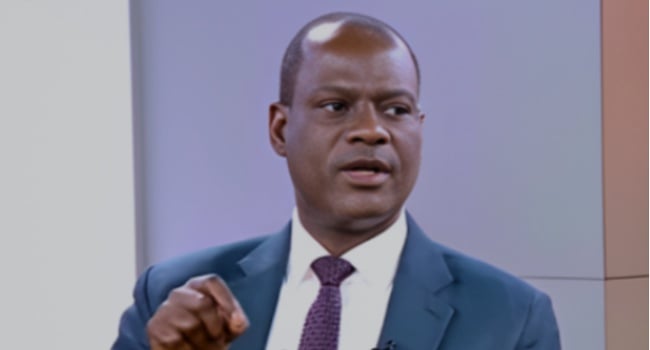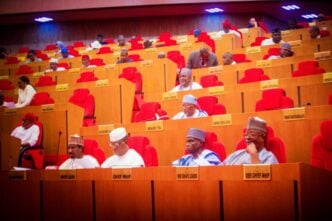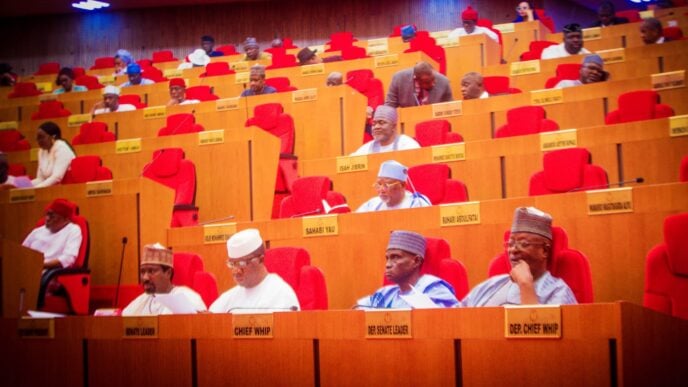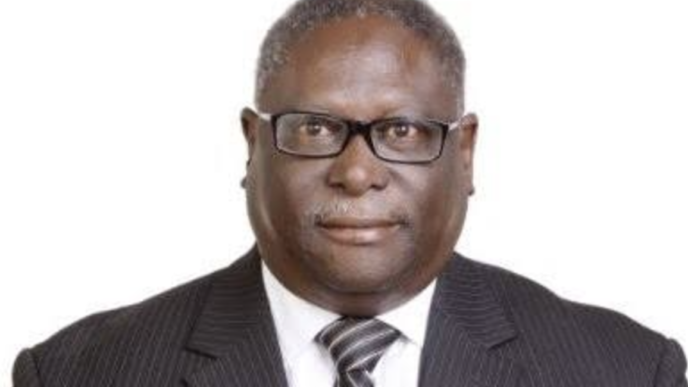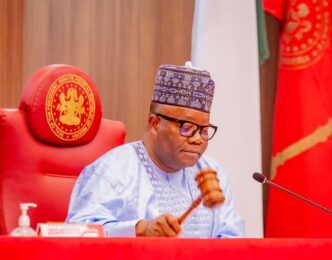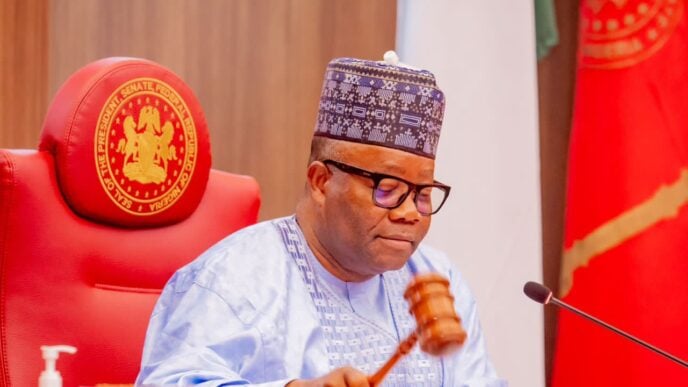Taiwo Oyedele, chairman of the presidential committee on tax policy and fiscal reforms, says efforts are being made to protect the interests of states opposed to the proposed tax reform bills.
Oyedele spoke on ‘The Morning Show,’ an Arise Television programme, on Wednesday.
There have been criticisms against the tax reform bills since President Bola Tinubu dispatched them to the national assembly.
The tax bills have elicited mixed reactions, with some stakeholders from the north opposed to their passage.
Advertisement
Oyedele said the federal government believed the resistance would come from Lagos and Rivers states.
The chairman expressed disappointment over the rejection of tax reform bills, adding that the pushback was not expected from those opposing it.
“We had not envisaged that there was going to be pushback from the other states; we thought the pushback would come from Lagos mostly, maybe a little from Rivers,” Oyedele said.
Advertisement
“It’s almost like we ended up with, the people we are fighting for, are now fighting us.”
Oyedele noted that value-added tax (VAT) derivation is sensitive for states due to its difference from oil and gas derivation based on production.
‘TAX BILLS ALIGN WITH CONSTITUTION’
Oyedele said the federal government’s proposal aligns with the provision of the constitution.
Advertisement
“VAT derivation I think that word is sensitive because people think about where it’s based on production. If they’re not producing crude oil, you don’t get any part of that derivation,” he said.
“Whereas for VAT, every state consumes. If you share anything based on VAT derivation, everyone gets something from it.
“The Constitution with respect to stamp duty it actually says under Section 163 says stamp duty should be shared based on derivation.
“So what we are proposing is not strange to our constitution, when it comes to matters of tax generation we must recognise where they’re being generated otherwise we end up in a situation where one state will get a supreme court judgement.”
Advertisement
On October 3, Tinubu asked the national assembly to consider and pass the bills.
The legislations comprise the Nigeria tax bill, Nigeria tax administration bill, Nigeria Revenue Service establishment bill, and the Joint Revenue Board establishment bill.
Advertisement
Tinubu is also seeking to repeal the law establishing the Federal Inland Revenue Service (FIRS) and replace it with the Nigeria Revenue Service.
However, the Northern States Governors Forum (NSGF) has kicked against the bills after a joint meeting with the northern traditional rulers’ council at the Kaduna government house on October 28.
Advertisement
The governors asked the national assembly to reject any legislation that may harm the region’s interests, calling for equitable and fair implementation of policies and programmes to prevent marginalisation of any geopolitical zone.
On October 31, the presidency assured the northern governors that the tax reform bills were not recommended by Tinubu to shortchange any part of the country.
Advertisement
On Monday, Yakubu Dogara, a former speaker of the house of representatives, asked northerners not to condemn Tinubu over the bills.
Dogara advised that they should view the reforms as an opportunity rather than a disadvantage, noting that the north can survive on its own without VAT.
Add a comment
